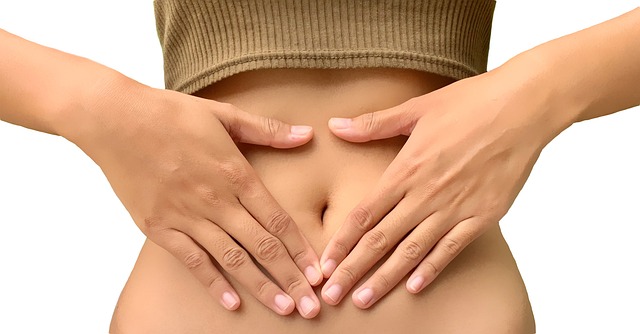Introduction: Decoding the Gut-Brain Dialogue in Depression
Imagine a constant conversation happening inside you: the gut-brain axis is a complex, two-way communication network connecting your digestive system and central nervous system. Emerging research highlights its profound influence on mental health. Depression, a multifaceted mood disorder, is increasingly linked to imbalances within this system, specifically involving the gut microbiota (the community of microbes in your gut) and how they process essential nutrients like tryptophan. This article explores how alterations in microbial tryptophan metabolism may contribute to the development and persistence of depressive symptoms.
Tryptophan: More Than Just an Amino Acid
Tryptophan isn't just a building block for proteins; it's an essential amino acid, meaning our bodies can't produce it, and we must obtain it from our diet. It serves as the crucial precursor for several vital molecules, including serotonin (often called the 'feel-good' neurotransmitter), melatonin (regulating sleep), and compounds in the kynurenine pathway. While serotonin is critical for mood regulation *in the brain*, the vast majority (around 90%) of the body's serotonin is actually produced in the gut, where it influences gut motility and signaling. The gut microbiota heavily influences how dietary tryptophan is broken down and used, thus impacting its availability for various functions, including potential indirect effects on brain chemistry.
How Gut Microbes Process Tryptophan

Your gut bacteria are like tiny chemical factories, metabolizing tryptophan via distinct routes: the indole pathway, the kynurenine pathway, and the tryptamine pathway. Different bacterial species, such as members of *Clostridium*, *Bacteroides*, and *Escherichia* genera, possess specific enzymes dictating these conversions. The resulting metabolites can significantly affect the host by modulating inflammation, neurotransmitter signaling, and immune responses. An imbalance in the gut microbial community, known as dysbiosis, can disrupt these metabolic pathways. This shift might lead to reduced serotonin precursor availability or an overproduction of potentially harmful metabolites linked to inflammation.
The Kynurenine Pathway: A Double-Edged Sword
The kynurenine pathway is a primary route for tryptophan breakdown. It produces a spectrum of molecules with differing effects. Some metabolites, like kynurenic acid (KYNA), can offer neuroprotection. However, others, notably quinolinic acid (QUIN), are neurotoxic and can fuel neuroinflammation. Research suggests that in some individuals with depression, gut dysbiosis might trigger inflammatory signals. These signals can preferentially shunt tryptophan metabolism down the kynurenine pathway, potentially increasing QUIN levels. This cascade could contribute to the neurobiological changes observed in depression.
Nurturing the Gut to Support Mental Health
Recognizing the gut microbiota's role in tryptophan metabolism and mental health opens doors for potential interventions. Strategies aimed at cultivating a healthier gut ecosystem include:
- **Probiotics:** Consuming live beneficial bacteria (e.g., certain *Lactobacillus* and *Bifidobacterium* strains) to help restore microbial balance.
- **Prebiotics:** Eating specific types of fiber (e.g., inulin, FOS found in onions, garlic, bananas) that feed beneficial gut microbes.
- **Dietary Diversity:** Emphasizing a diet rich in fiber, diverse fruits, vegetables, and fermented foods to support a varied microbiome.
- **Fecal Microbiota Transplantation (FMT):** An approach involving the transfer of stool from a healthy donor, currently investigated for various conditions but primarily used clinically for recurrent *C. difficile* infections. Its application for depression remains experimental.
Future Directions: Personalizing Gut-Brain Therapies
The intricate dance between gut microbes, tryptophan metabolism, and depression is still being mapped. Future research must focus on longitudinal studies to track changes in microbial composition, tryptophan metabolites, and mood symptoms over time. Rigorous clinical trials are essential to confirm the effectiveness of specific gut-targeted interventions (like tailored probiotics or prebiotics) for depression. A deeper understanding of the key bacterial players and metabolic pathways involved will be crucial for developing personalized therapies that target the gut-brain axis to improve mental health outcomes.